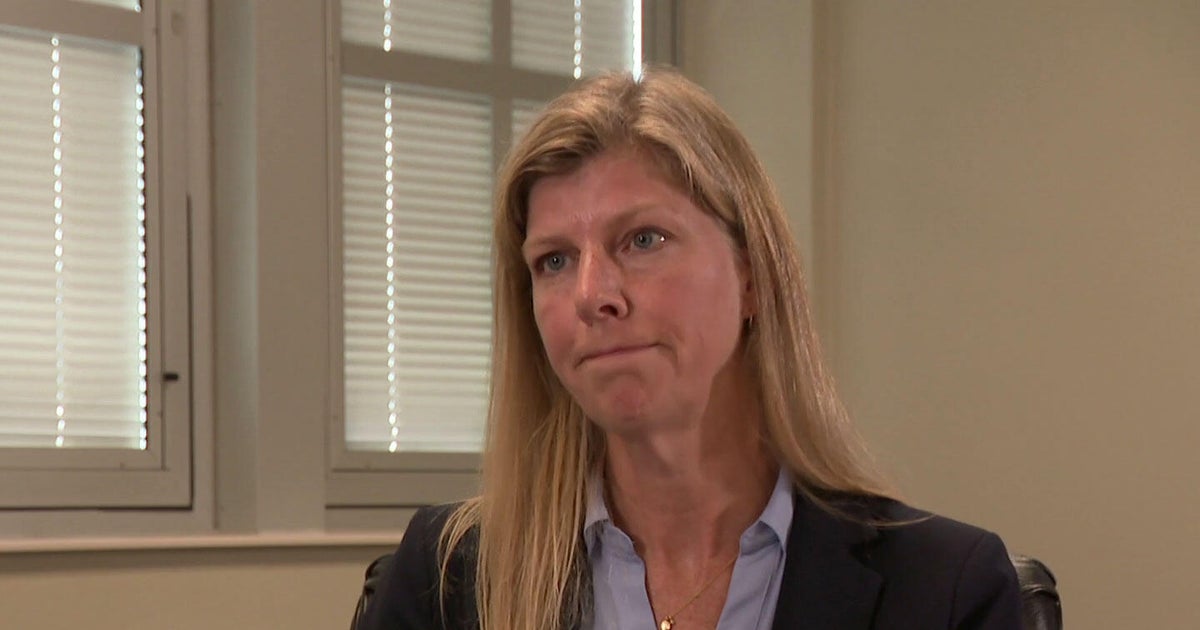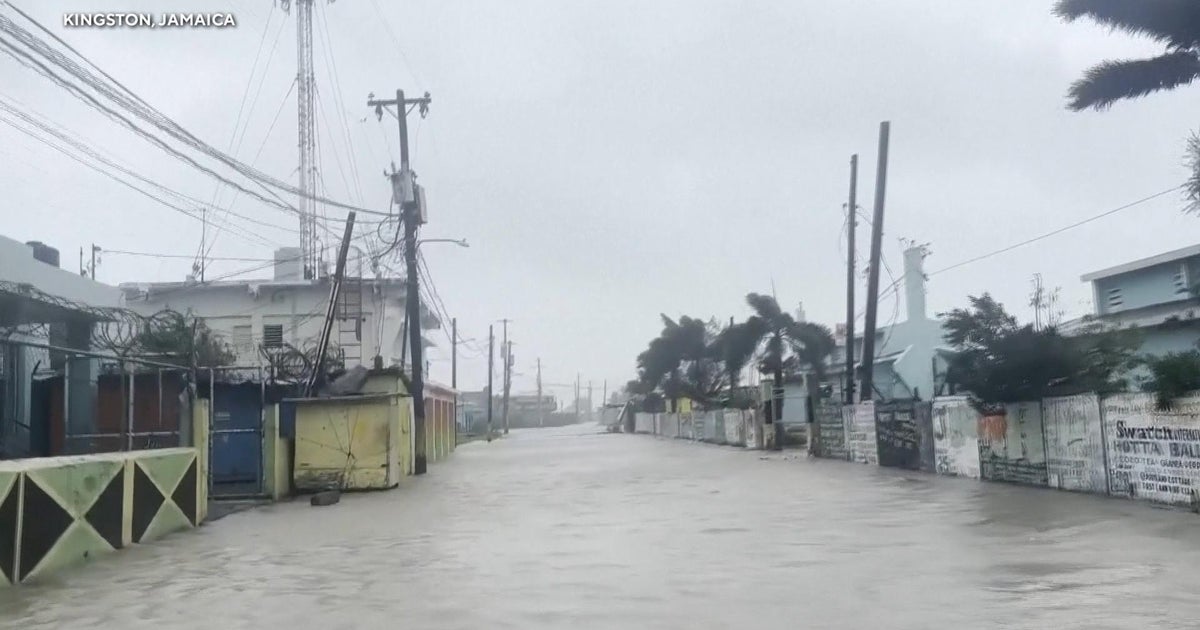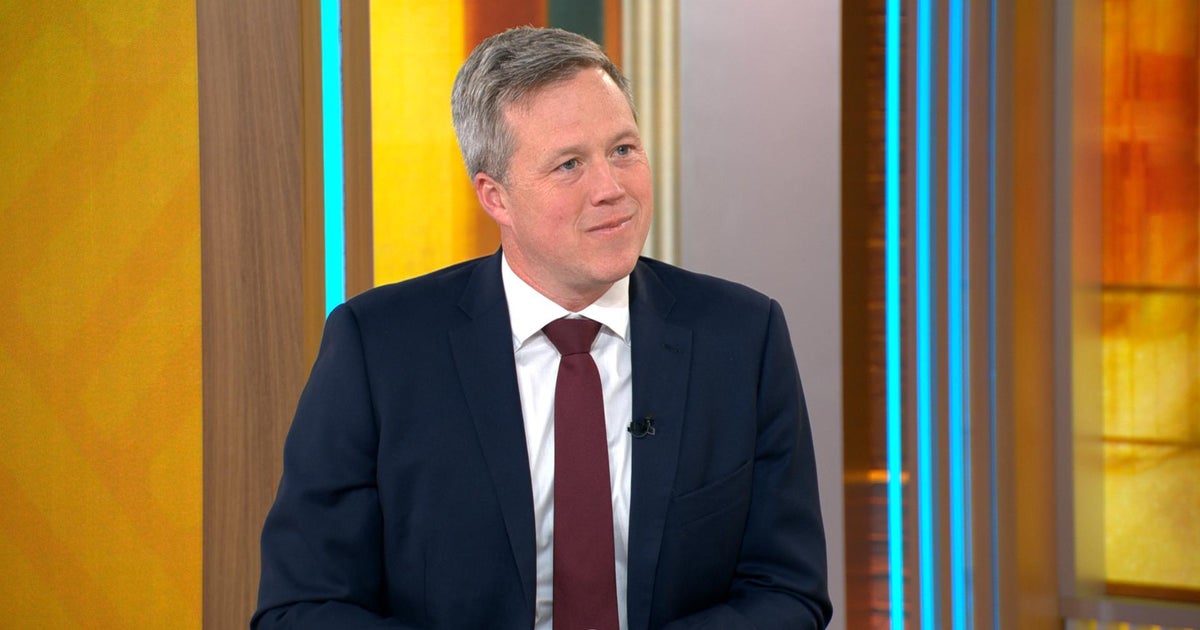Planetary heating is accelerating because of dangerous feedback loops which are already contributing to global instability, top climate scientists write in the seventh annual State of the Climate report, while the most effective levers to avert catastrophe include deploying renewable energy, protecting forests and improving farming practices.
“We are hurtling toward climate chaos,” say the opening lines of the paper published in BioScience on Thursday. “The planet’s vital signs are flashing red. The consequences of human-driven alterations of the climate are no longer future threats but are here now.”

The Clarence River flood in northern NSW in March 2025.Credit: Louise Kennerley
A collaboration by the climate scientists from North America, South America, Europe, Asia and Australia, the paper notes that 2024 set a new average global surface temperature record and was probably the hottest in 125,000 years based on the glacial record.
This was driven by ecological overshoot from human activity with population, livestock, meat consumption, gross domestic product and fossil fuel energy consumption all at record highs, the paper says, noting an extra 1.3 million humans and 500,000 cattle or other ruminants join the planet every week.
Combined solar and wind consumption also set a record, but was 31 times lower than fossil fuel energy consumption. Coal, oil, and gas were all at peak levels last year.
Atmospheric carbon dioxide is at a record level so far this year, probably worsened by a sudden drop in land carbon uptake partly due to intense forest fires including in Canada, Europe, China and the Amazon. Global fire-related tree cover loss reached an all-time high, with fires in tropical primary forest up 370 per cent over 2023, fuelling rising emissions and biodiversity loss.
So far, in 2025, Greenland and Antarctic ice mass are at record lows, and the paper notes that Greenland and West Antarctic ice sheets may be passing tipping points, potentially committing the planet to metres of sea-level rise.
Contributing author Sarah Perkins-Kirkpatrick, a professor of climate science in the Fenner School of Environment and Society at the Australian National University, said the report added to the “overwhelming evidence that climate change is accelerating” because of the amount of carbon dioxide already in the atmosphere as well as new emissions.
The report comes as Microsoft co-founder Bill Gates, who has funded climate action through his philanthropic work, wrote a post rejecting a “doomsday view of climate change” and argued for human welfare to be at the centre of climate strategies.
Perkins-Kirkpatrick said communicating climate science was a difficult balance.
“We do have to be careful of not being alarmist. Otherwise, it just immobilises people – they get so scared and so overwhelmed by the whole situation that they’re not going to do anything,” she said. “We’ve also got to be honest and realistic – we’re not doing enough to reduce our emissions, even in Australia where we’ve got net zero targets by 2050 … let alone in the US, where it’s a dumpster fire.”
The paper identifies which climate solutions would have the greatest impact, based on analysis of global data from US-based non-profit Project Drawdown. Solar energy was at the top, followed by reduced conversion of forests and other ecosystems, wind energy, and carbon sequestration in agriculture.
The 43 solutions, which also include a suggestion to encourage plant-based diets, collectively could account for more than half the mitigation needed to limit warming to the Paris Agreement target of no more than 2 degrees above pre-industrial levels, rather than the 2.7-degree rise the planet is on track to reach by 2100 under current policies.
The Climate Council warned on Wednesday that any deal between the Albanese government and the Coalition on national environment law reform was risky given that the opposition was debating whether to oppose the net zero target.
“Partnering with a party still struggling with climate denial would be a dangerous bet with Australia’s future,” said Climate Council chief executive Amanda McKenzie in a statement.
Climate Council analysis suggests that abandoning net zero, as advocated by some members of the Coalition, could unleash 6.3 billion tonnes of climate pollution and align with 3 degrees of global heating.
Perkins-Kirkpatrick said global heating was accelerating because of feedback loops – “where an event happens, and then it starts a chain of events that amplifies that first effect”.
“For example, we’re having more carbon [dioxide] in the atmosphere and that’s warming the planet,” she said. “That’s causing the Arctic [and Antarctic] sea ice to melt, and because it’s exposing darker ocean, this absorbs more heat, amplifying the original warming that happened in the first place.”
The oceanic heat also devastated marine ecosystems that were not equipped to deal with hotter water.
Perkins-Kirkpatrick said the atmospheric temperature was rising as a global average, but it was faster over land than sea and big continental land masses in the northern hemisphere were copping it worst, with deadly heatwaves and forest fires.
“Australia’s average temperature is rising a bit faster [than average], but we’re not as bad as southern Europe, which is warming twice as fast as the global average … or some parts in the Arctic that are warming three times faster than the global average,” she said.
A separate paper collating research on the health impacts of pollution, disease and heat published by the medical journal The Lancet on Wednesday, reported that deaths caused by global warming have increased by 23 per cent to 546,000 since 1990.
Australians, on average, endured 8.1 heatwave days in 2024, with 5.4 of these directly attributable to climate change, contributing to deaths, heat stress and lost labour hours.
The annual number of deaths linked to heat in Australia surged by 44 per cent from the 1990 to 1999 decade to the 2012 to 2021 decade after adjusting for the increased total deaths from population growth.
Globally, 2.5 million deaths every year are caused by fossil fuel air pollution, while governments collectively spent $US956 billion ($1.45 trillion) on fossil fuel subsidies in 2023.
The COP30 Presidency last week called for countries to “consider adaptation as the next step in human evolution”.
Start the day with a summary of the day’s most important and interesting stories, analysis and insights. Sign up for our Morning Edition newsletter.
Most Viewed in Environment
Loading


















































